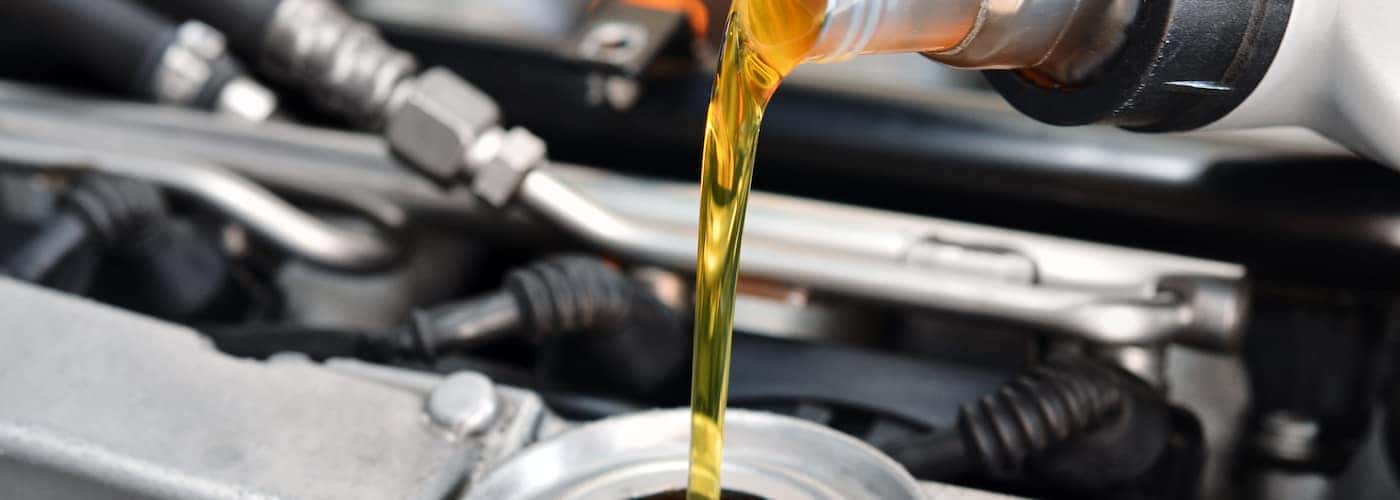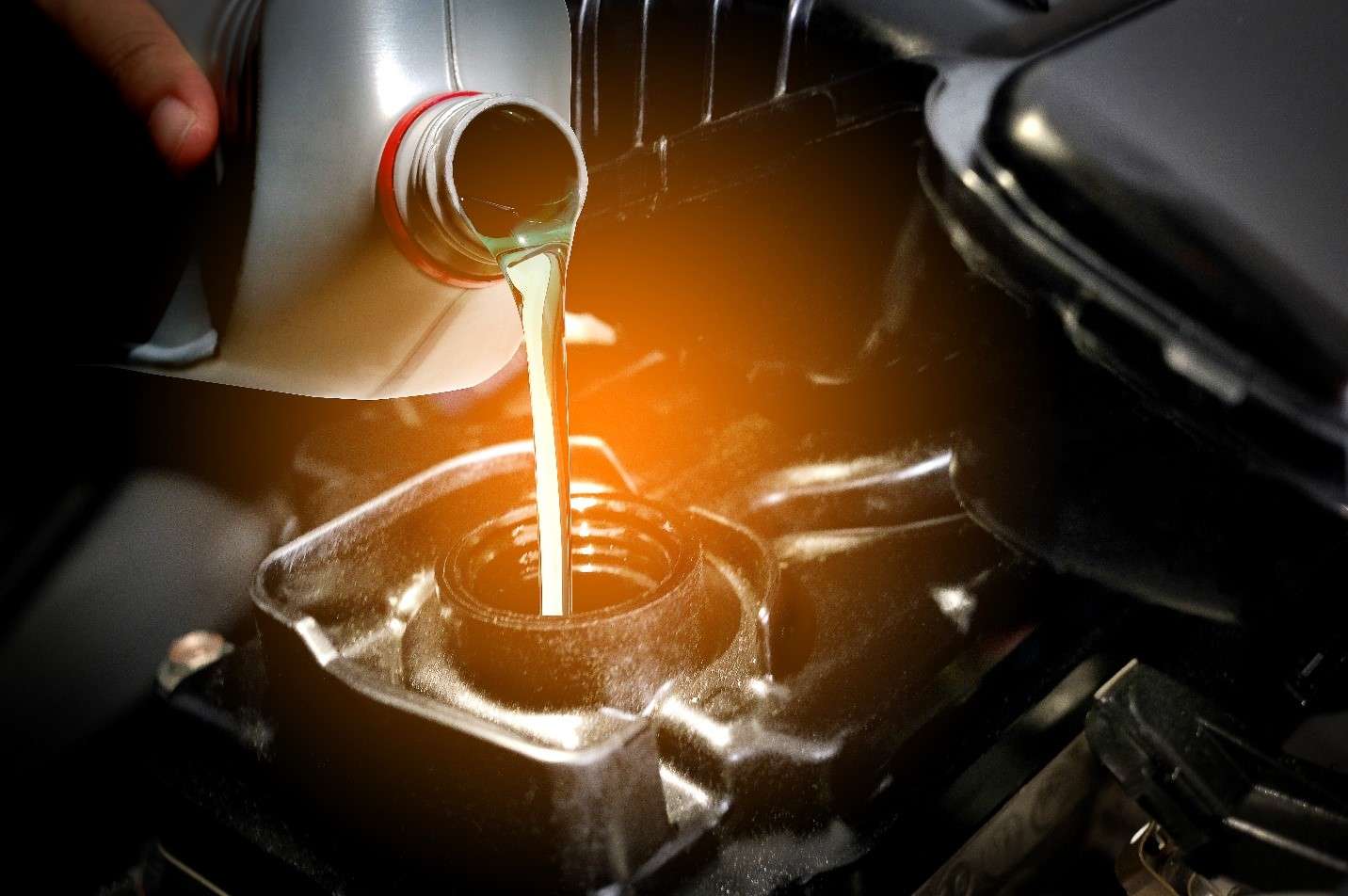Affordable Oil Change Lockhart services that extend the life of your car.
Affordable Oil Change Lockhart services that extend the life of your car.
Blog Article
Optimize Your Vehicle'S Efficiency With Regular Oil Adjustments
Maintaining your car's performance is a diverse venture, with normal oil changes standing out as a vital aspect. Fresh engine oil plays a crucial duty in making certain optimum lubrication, reducing friction, and preventing wear on important components. Numerous chauffeurs forget the signs that indicate a demand for an oil adjustment, possibly compromising their car's long life.
Importance of Regular Oil Changes
While numerous automobile owners might neglect the significance of normal oil adjustments, disregarding this critical upkeep task can result in severe effects for engine efficiency and durability. Engine oil plays an important role in oiling relocating parts, decreasing friction, and avoiding overheating. In time, oil weakens due to exposure to heat and impurities, which diminishes its performance.
Falling short to transform the oil on a regular basis can lead to the accumulation of sludge and debris, which can block important engine parts and cause enhanced wear. This not just jeopardizes engine efficiency yet can additionally lead to costly fixings or even total engine failure. In addition, old oil sheds its capacity to counteract acids generated throughout combustion, which can lead to deterioration and further damages.
In addition, numerous car producers recommend particular oil adjustment periods, typically based on gas mileage or time. In recap, routine oil adjustments are not simply a tip; they are a vital component of accountable vehicle upkeep that shields the engine and boosts overall performance.
Benefits of Fresh Oil
Altering to fresh oil uses countless advantages that directly enhance engine performance and efficiency. One of the main advantages of fresh oil is its exceptional lubricating residential properties. New oil reduces friction between engine components, which not only minimizes wear but also adds to smoother operation. This results in improved fuel efficiency, as the engine does not have to work as hard to get over resistance.
In addition, fresh oil properly cleanses the engine by putting on hold pollutants and avoiding sludge buildup. Over time, oil comes to be infected with dust, metal particles, and burning by-products. Frequently replacing oil makes certain that these hazardous substances are gotten rid of, advertising a cleaner and healthier engine environment.
In addition, fresh oil help in optimal temperature level law. It dissipates warm a lot more properly, stopping overheating and potential damages to engine elements. This is particularly important throughout peak performance situations, where warm buildup can impair engine functionality.
Signs Your Oil Demands Changing
Engine oil is the lifeline of your car, and identifying when it needs altering is essential for keeping ideal efficiency - Oil Change Lockhart. A number of indicators suggest that it's time for an oil adjustment, and remaining vigilant can avoid engine damages and costly repair services
First, examine the color and uniformity of the oil. Fresh oil is typically amber and smooth, while old oil might show up dark and gritty, suggesting contamination and lowered effectiveness. A modification in viscosity can also signify that the oil has actually broken down and is no longer appropriately oiling engine components.

One more indication is the oil adjustment light on your control panel. This alert acts as a tip that the oil has actually reached its life-span or that there is an underlying issue needing interest. Furthermore, unusual engine sounds, such as knocking or ticking, might recommend not enough lubrication due to degraded oil.
Finally, if you observe oil places or pools under your lorry, it might show a leak that requires prompt inspection and possible oil adjustment. Being attentive to these signs will ensure your engine operates smoothly and efficiently.
Choosing the Right Oil
Selecting the suitable oil for your car is important for guaranteeing ideal performance and longevity. Engine oils come in various types and viscosities, each formulated to satisfy details needs. The initial factor to consider needs to be the supplier's referrals, which can commonly be found in the proprietor's guidebook. This advice will certainly guide you toward the correct thickness quality, such as 5W-30 or 10W-40, which suggests the oil's thickness at different temperature levels.
Next, take into consideration the kind of oil: conventional, artificial, or a mix. Standard oil is acquired from crude oil and is suitable for older lorries, while synthetic oil offers superior security and performance for modern-day engines, specifically under extreme problems. Artificial blends combine the advantages of both and are usually a cost-effective alternative.
Additionally, seek oils that satisfy industry requirements, such as API (American Petroleum Institute) or ACEA (Organization des Constructeurs Européens d'Automobiles) accreditations. These indications make sure that the oil has been checked for quality and efficiency. Ultimately, selecting the appropriate oil not only boosts engine effectiveness yet likewise adds to the overall wellness of your vehicle, leading the way for smoother driving experiences.
Oil Modification Regularity Recommendations

Aspects influencing oil adjustment regularity include driving problems, such as stop-and-go web traffic, severe temperature levels, and hauling hefty tons. Under extreme conditions, it could be sensible to alter the oil image source more regularly to stop engine wear. Additionally, some modern-day cars come outfitted with oil life tracking systems that give individualized recommendations more tips here based upon driving habits, which can additionally optimize the oil modification schedule.
It's vital to consult your owner's guidebook for details suggestions customized to your car. Sticking to these standards not just preserves engine wellness but likewise boosts fuel effectiveness and lowers emissions. Finally, normal oil modifications, timed suitably based on different variables, are a fundamental element of automobile upkeep that can considerably affect efficiency and longevity.
Conclusion

Report this page